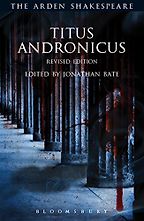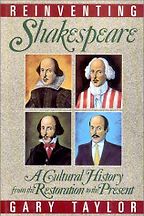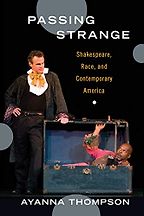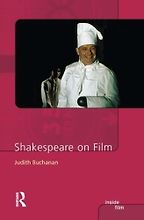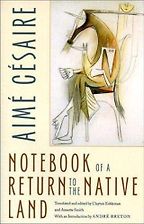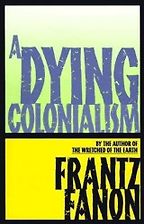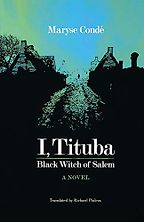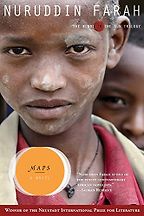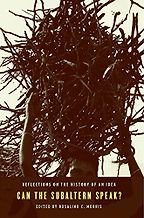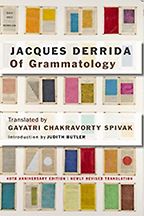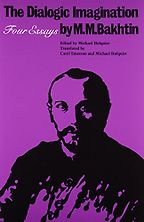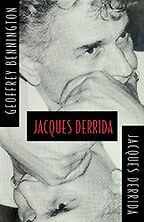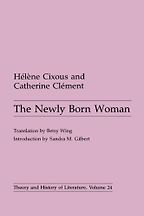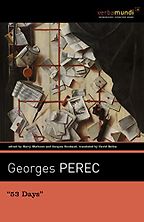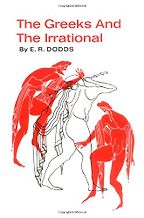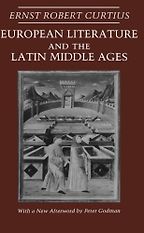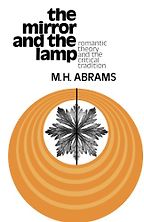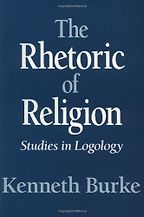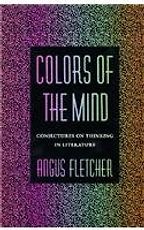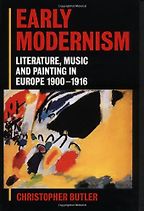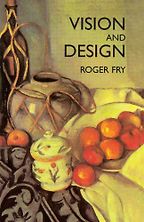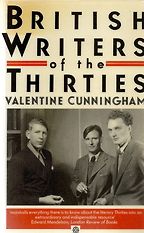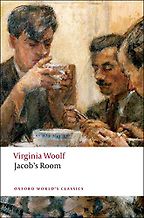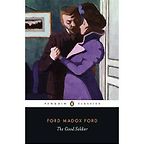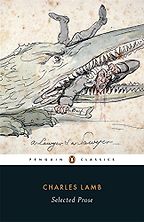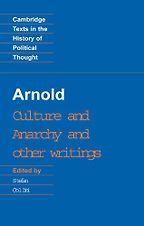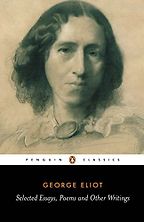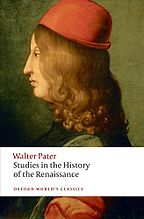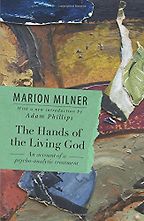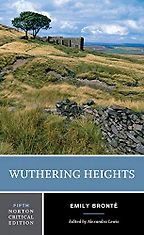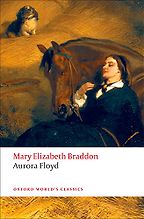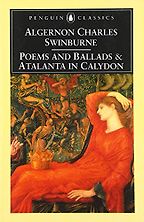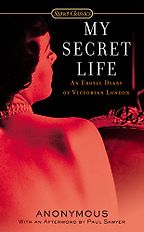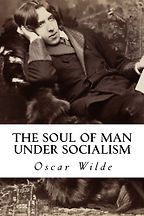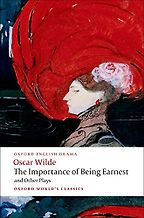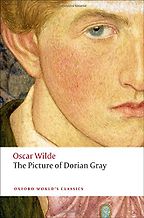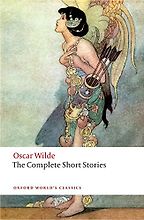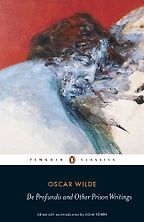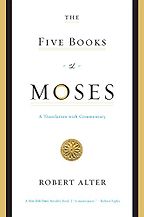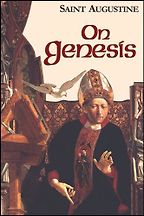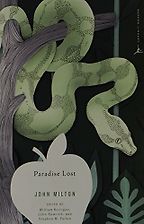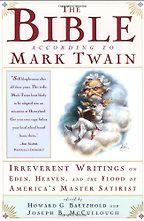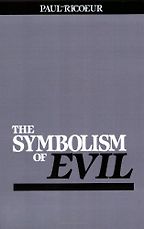Literary Criticism
Last updated: July 02, 2025
Welcome to our literary criticism section, where we gather interviews with the finest scholars of English literature and letters, from the eminent Yale Professor Harold Bloom to the Pulitzer prize-winning author of the defining critical text Renaissance Self-Fashioning, Stephen Greenblatt.
If you're new to an era and want a big-picture historical view, check out our interviews on Adam and Eve, the Victorian essay, Victorian literature, and modernism, to name a few. After a specific author? Look no further—we have interviews with the foremost experts on Virginia Woolf, Oscar Wilde, D H Lawrence and Jane Austen.
Whether it's a fresh look at a literary genre you already know well or a granular view of an author completely new to you, Five Books has expert recommendations to help you read more, and read smarter.
-

1
Titus Andronicus (Arden Shakespeare)
by Jonathan Bate & William Shakespeare -

2
Reinventing Shakespeare: A Cultural History, from the Restoration to the Present
by Gary Taylor -

3
Passing Strange: Shakespeare, Race, and Contemporary America
by Ayanna Thompson -

4
Shakespeare on Film
by Judith Buchanan -

5
The Palgrave Encyclopedia of Global Shakespeare
by Alexa Alice Joubin (editor)
The best books on Shakespeare’s Reception, recommended by Emma Smith
The best books on Shakespeare’s Reception, recommended by Emma Smith
In the years after William Shakespeare died, his plays took on a life of their own. They meant different things to different people at different times as they spread around the world, turning a glover’s son from a one-horse town in central England into one of the best-known authors of all time. Emma Smith, Professor of Shakespeare Studies at the University of Oxford, recommends books to better understand ‘Shakespeare reception’—the study of Shakespeare since his death.
-

1
Notebook of a Return to the Native Land
by Aimé Césaire -

2
A Dying Colonialism
by Frantz Fanon -

3
I, Tituba, Black Witch of Salem
by Maryse Condé -

4
Maps: A Novel
by Nuruddin Farah -

5
Can the Subaltern Speak?: Reflections on the History of an Idea
ed. Rosalind Morris, original essay by Gayatri Chakravorty Spivak
The Best Postcolonial Literature, recommended by Anjuli Fatima Raza Kolb
The Best Postcolonial Literature, recommended by Anjuli Fatima Raza Kolb
Postcolonial literature brings together writings from formerly colonised territories, allowing commonalities across disparate cultures to be identified and examined. Here, the University of Toronto academic Anjuli Fatima Raza Kolb recommends five key works that explore philosophical and political questions through allegory, personal reflection and powerful polemic.
-

1
Of Grammatology
by Jacques Derrida & translated by Gayatri Chakravorty Spivak -

2
The Dialogic Imagination: Four Essays
by Mikhail Bakhtin & translated by Michael Holquist and Caryl Emerson -

3
Jacques Derrida Circumfession
by Geoffrey Bennington & Jacques Derrida -

4
The Newly Born Woman
by Catherine Clément, Hélène Cixous & translated by Betsy Wing -

5
"53 Days"
by Georges Perec, translated by David Bellos
The best books on Deconstruction, recommended by Peter Salmon
The best books on Deconstruction, recommended by Peter Salmon
For the general reader deconstruction has a bad reputation. It is seen as over-complicating, arcane and wilfully obscure—but as its founding genius Jacques Derrida pointed out, “If things were simple, word would have gotten around.” Here Peter Salmon, author of an excellent new biography of Derrida, chooses five books to get you started on the text and everything inside it.
Harold Bloom recommends the best of Literary Criticism
The distinguished literary critic Harold Bloom discusses the five works of literary scholarship that have most influenced him.
The best books on Modernism, recommended by Alexandra Harris
Modernism is about form more than content, says literary scholar and critic Alexandra Harris, author of Romantic Moderns: English Writers, Artists and the Imagination from Virginia Woolf to John Piper. She tells us about the history of the modernist movement, and picks five books that exemplify or explain it.
-

1
Selected Prose
by Charles Lamb -

2
Culture and Anarchy and Other Writings
by Matthew Arnold -

3
Selected Essays, Poems, and Other Writings
by George Eliot -

4
Studies in the History of the Renaissance
by Walter Pater -

5
The Hands of the Living God: An Account of a Psychoanalytic Treatment
by Marion Milner
David Russell on The Victorian Essay
David Russell on The Victorian Essay
With the advent of the Victorian age, polite maxims of eighteenth-century essays in the Spectator were replaced by a new generation of writers who thought deeply—and playfully—about social relationships, moral responsibility, education and culture. Here, Oxford literary critic David Russell explores the distinct qualities that define the Victorian essay and recommends five of its greatest practitioners.
The best books on Sex in Victorian Literature, recommended by Claire Jarvis
We often assume the Victorians had puritanical attitudes to sex, but this was far from the reality. From familiar classics to neglected gems, Claire Jarvis—Stanford academic and author of Exquisite Masochism: Sex, Marriage and the Novel Form—selects the best books on sex in Victorian literature.
The best books on Oscar Wilde, recommended by Sos Eltis
Oscar Wilde cultivated an image of himself as an idle genius, dashing off masterpieces with a lazy brilliance. But below the glittering linguistic surface of his works, suggests Sos Eltis, lies an anarchic politics and a phenomenal analysis of power.
The best books on Adam and Eve, recommended by Stephen Greenblatt
Who were Adam and Eve, really? Over many centuries, the origin story has undergone countless transformations. The Pulitzer Prize-winner and Harvard professor Stephen Greenblatt chooses five books that explore the history of Adam and Eve, and tells us why the world isn’t ready to leave the narrative of Eden behind
The Best D.H. Lawrence Books, recommended by Catherine Brown
Although less flamboyantly experimental than his contemporaries Joyce and Woolf, D H Lawrence was a modernist, says literary scholar Catherine Brown. Here, she selects five books that make the case for this most contradictory, and often divisive, of writers—a man whose fictions and ‘philosophicalish’ works were by turns brilliant and bewildering, sublime and ridiculous
